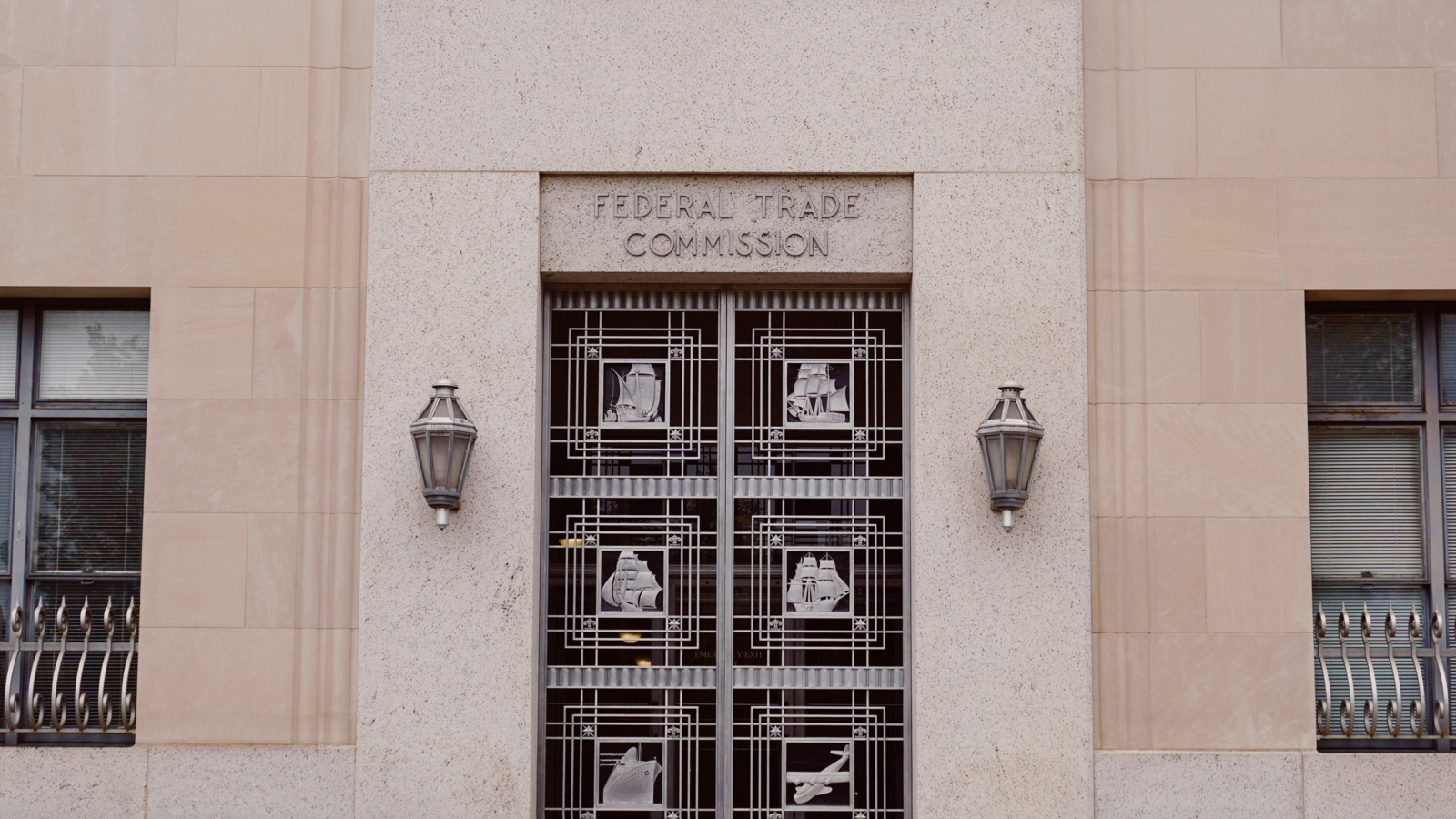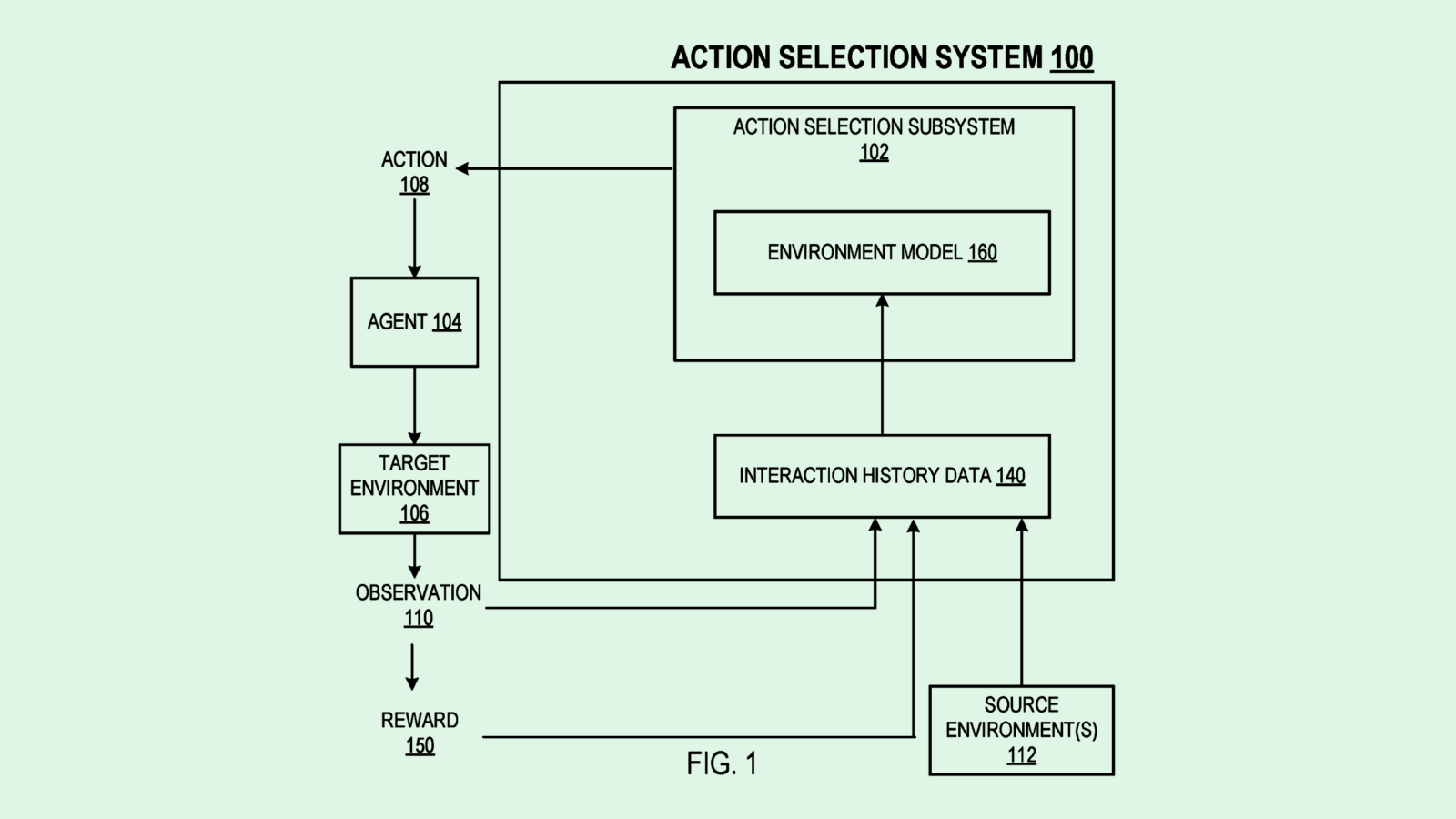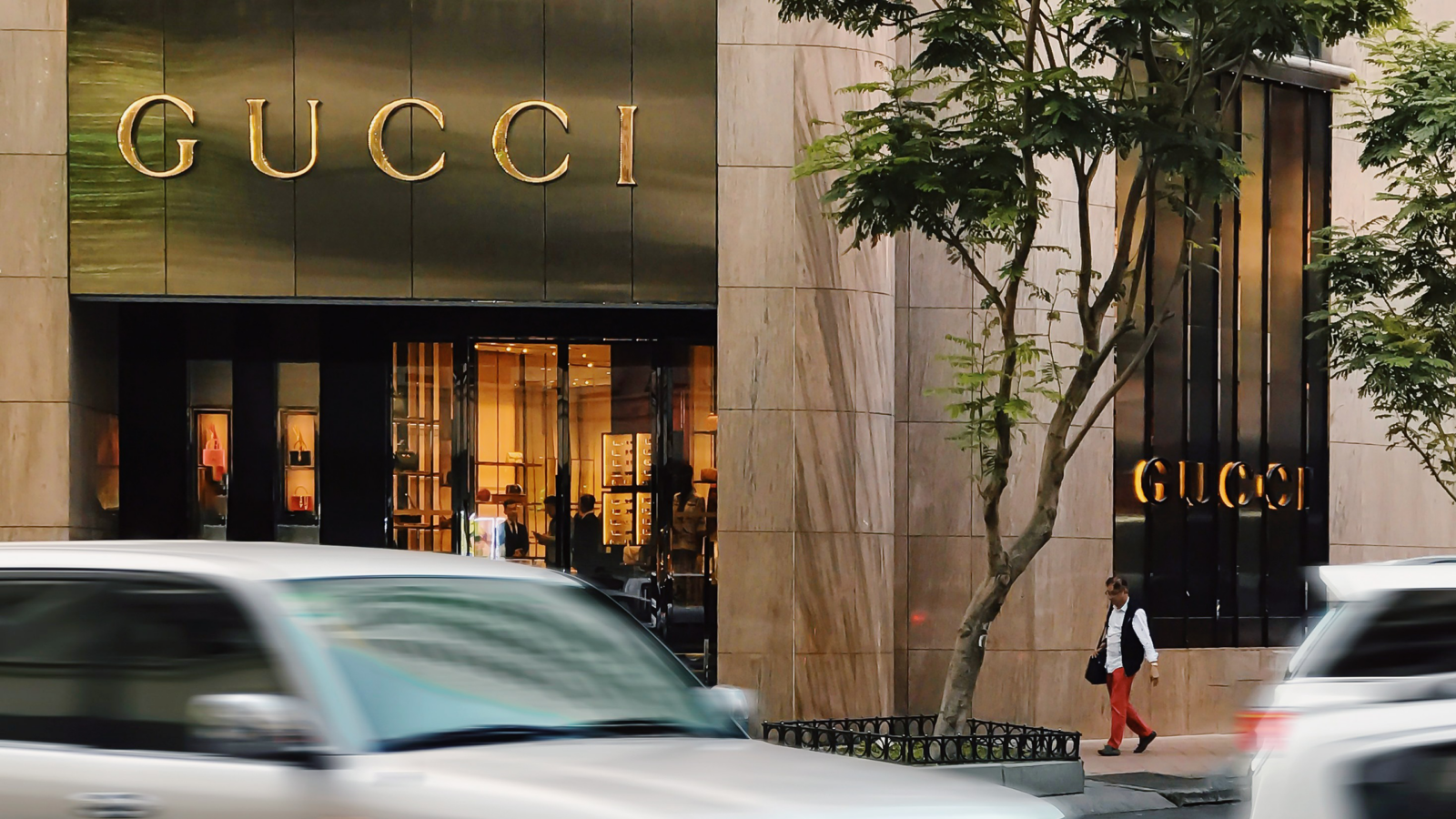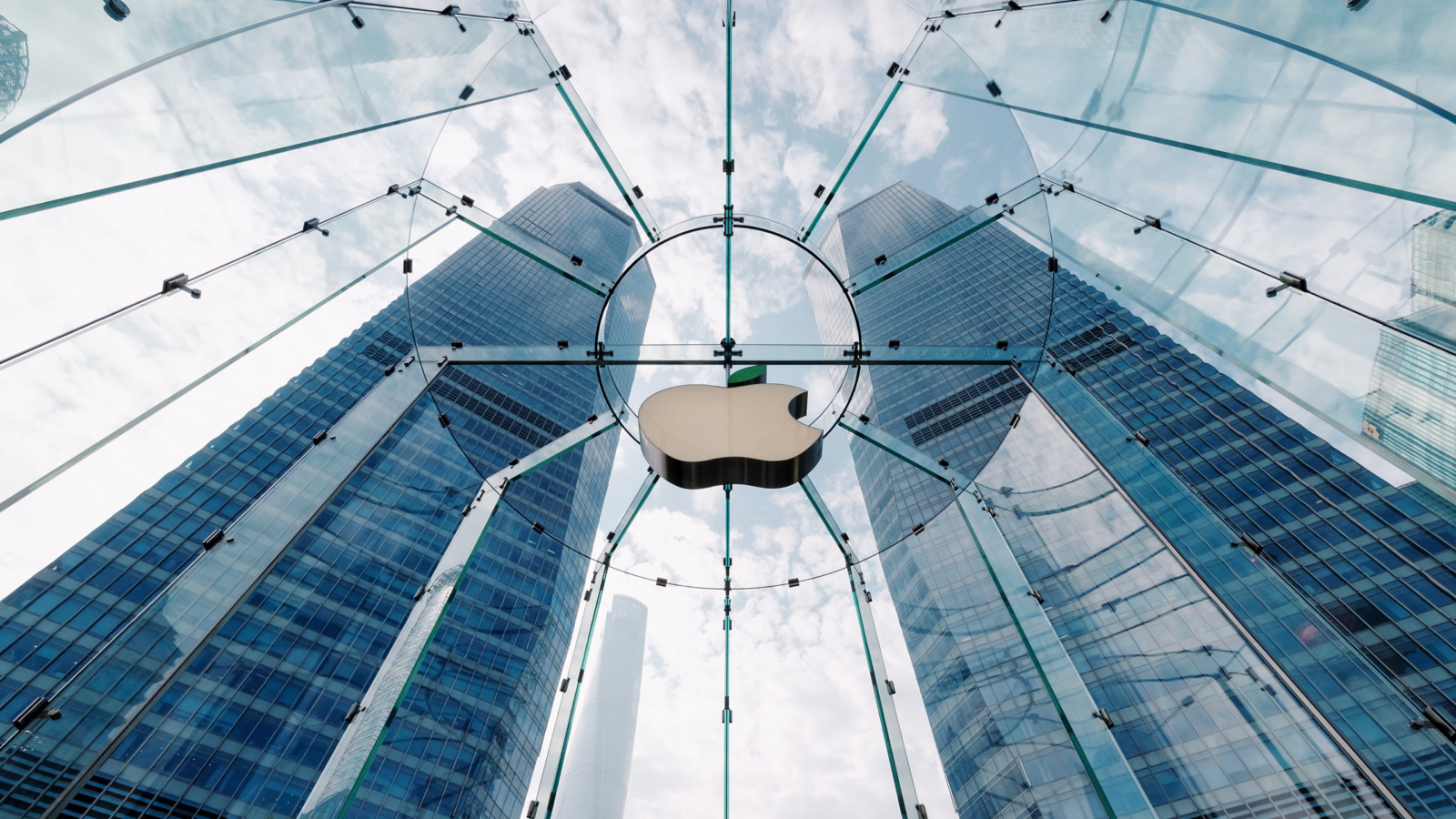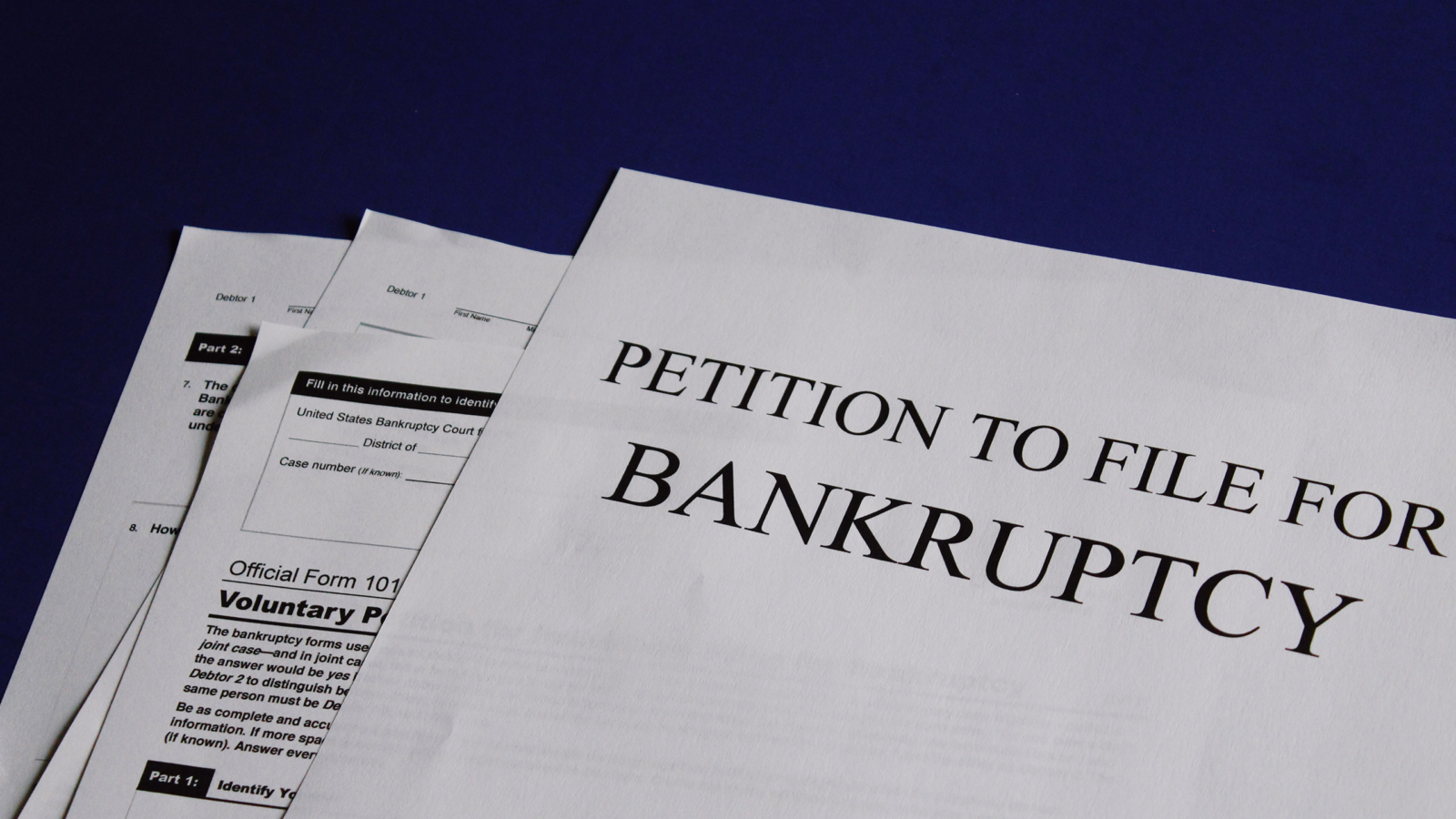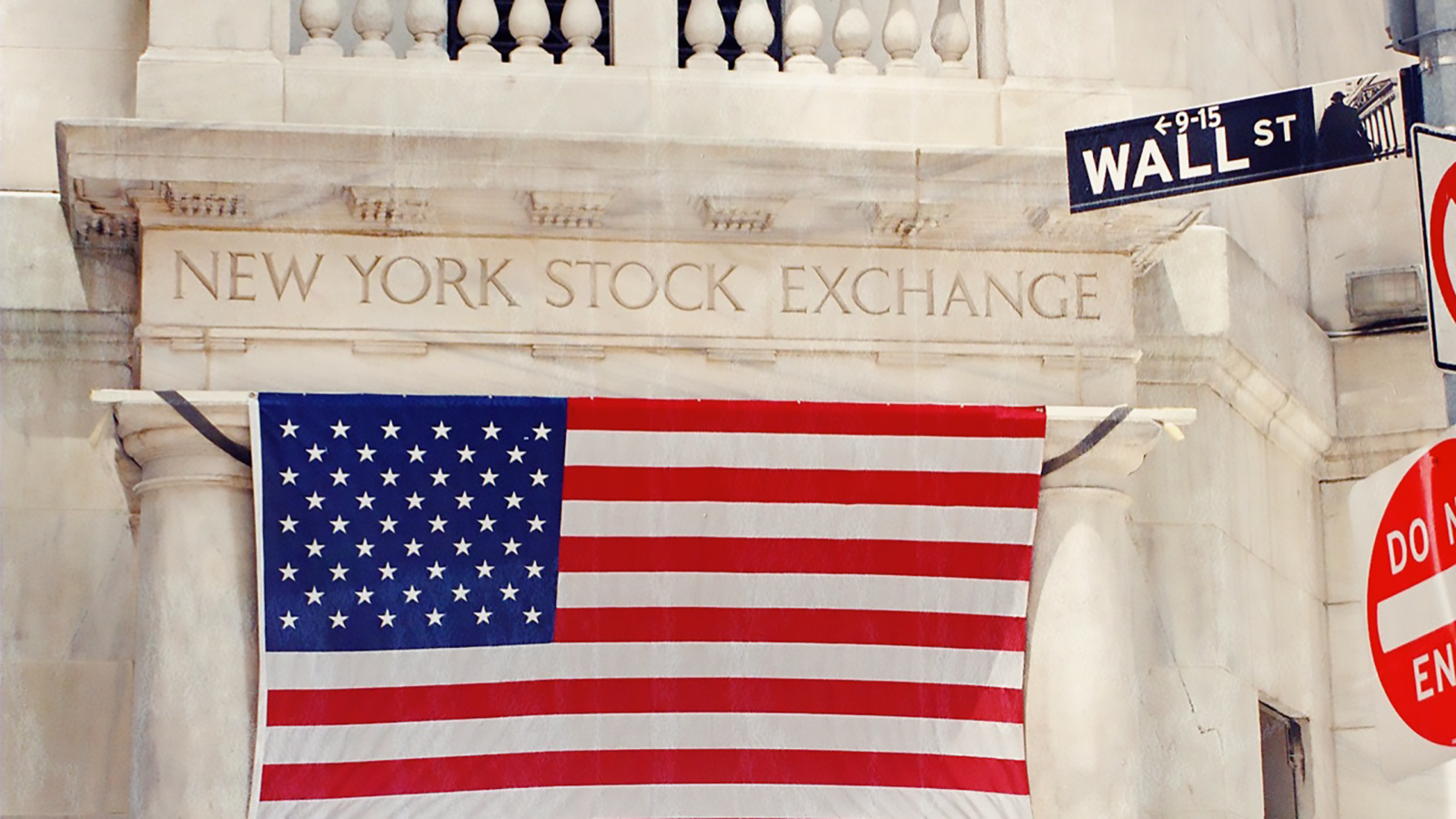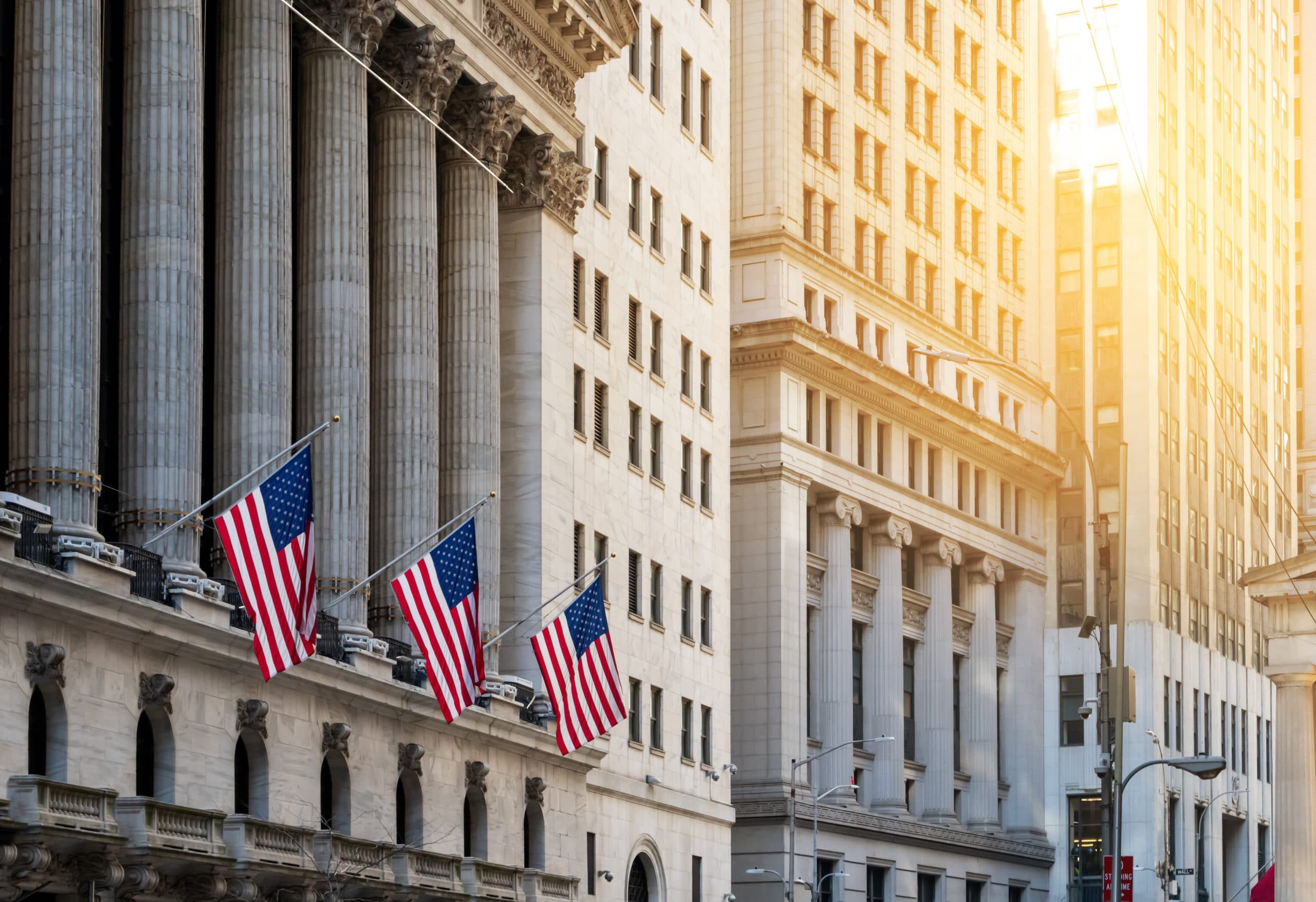
Sign up for smart news, insights, and analysis on the biggest financial stories of the day.
As Ukrainians under attack by Russia again raised the bar for inspirational bravery and heroism this week, world markets continued a path of uncertainty. European markets have seen billions in losses and US fund managers are struggling to offload suddenly-toxic Russian assets. Here’s the latest.
Give Peace a Chance
The 22 companies listed on Europe’s Stoxx 600 exchange that count on Russia for 5% or more of their sales have seen $100 billion wiped off their market value since February 18, the day the US government warned of an imminent attack on Ukraine, according to Bloomberg estimates. Big names including Renault and Wizz Air have lost over 20%. However, if and when the crisis ends, there’s hope for a swift recovery: the Stoxx 600 averaged a 20% gain in the 12 months after past crises, according to Citigroup analysts who studied the 1991 Gulf War, the 2003 Iraq War, and the 2014 Crimean Crisis.
Don’t Bank On It: The sector in Europe feeling the most pain from the war is banks. The Stoxx 600 Banks Index is down 20% since its last high on February 10. The biggest blow hit Austria’s Raiffeisen, which has lost half its value. But BNP Paribas Wealth Management’s chief investment officer Edmund Shing told Bloomberg that markets “are in the process of overpricing in the risks” and that European banks may be undervalued at this point.
A Hard Sell: While the US S&P 500 has fallen just 3% since February 10, compared to the Stoxx 600’s 4.3% decline, Wall Street still faces unique problems. US mutual funds and exchange-traded funds held $71 billion in Russian equities and bonds on January 31, according to Morningstar Direct. But, with the Moscow Stock Exchange closed every day this week and foreigners banned from selling shares there, US firms have been effectively blocked from offloading their assets. Some US money managers with Russian exposure, worried that clients could pull their money, are considering asking the Securities and Exchange Commission to lift the 15% cap on the percentage of illiquid securities they can hold. BlackRock, the world’s largest asset manager, has already opened informal discussions with the SEC, according to The Wall Street Journal.
